Science Stats
-
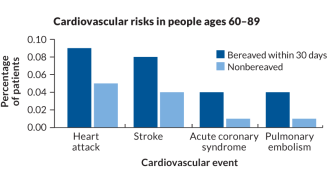 Psychology
PsychologyGrief takes its toll
A person’s risk of heart attack or stroke is doubled in the month following the death of a spouse or partner.
-
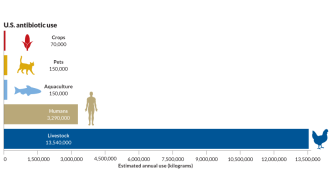 Agriculture
AgricultureWhere antibiotics go
Of the 51 tons of antibiotics consumed every day in the United States, about 80 percent goes into animal production.
-
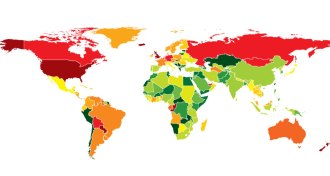 Climate
ClimateBiggest climate warmers
The United States, China, Russia, Brazil, India, Germany and the United Kingdom are responsible for more than 60 percent of the 0.74 degree Celsius rise in global average temperature observed from 1906 to 2005.
-
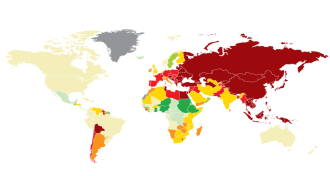 Health & Medicine
Health & MedicineSmoking equality
A study of tobacco smoking patterns reports that more men than women smoke in every country except Sweden.
-
 Health & Medicine
Health & MedicineVaccine vindication
At least 103 million cases of childhood disease have been prevented by vaccines since 1924.
-
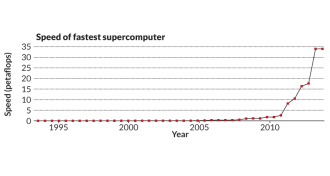 Computing
ComputingFastest supercomputers
The new list of the world’s fastest computers, now in its 20th year, has China’s Tianhe-2 on top with a processing speed of 33.9 petaflops — or quadrillions of calculations per second.
-
 Health & Medicine
Health & MedicineDrug use on the rise in older set
The use of illicit drugs has declined slightly over the last decade among teens but is growing more common in people over age 50.
-
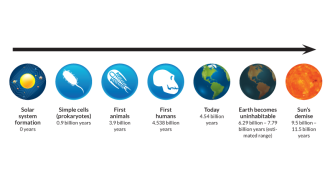 Planetary Science
Planetary ScienceUninhabitable Earth
A recent estimate of the lifetimes of the habitability zones of Earth and various exoplanets suggests Earth could become unable to support life as soon as 1.75 billion years from now, when the sun brightens before dying out.
-
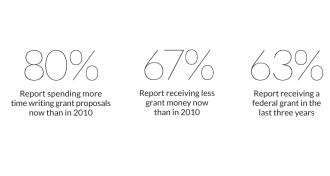 Science & Society
Science & SocietyFunding slide
U.S. federal spending on science has decreased sharply since 2010. Scientists are feeling the crunch.
By Science News -

-
